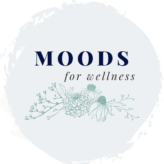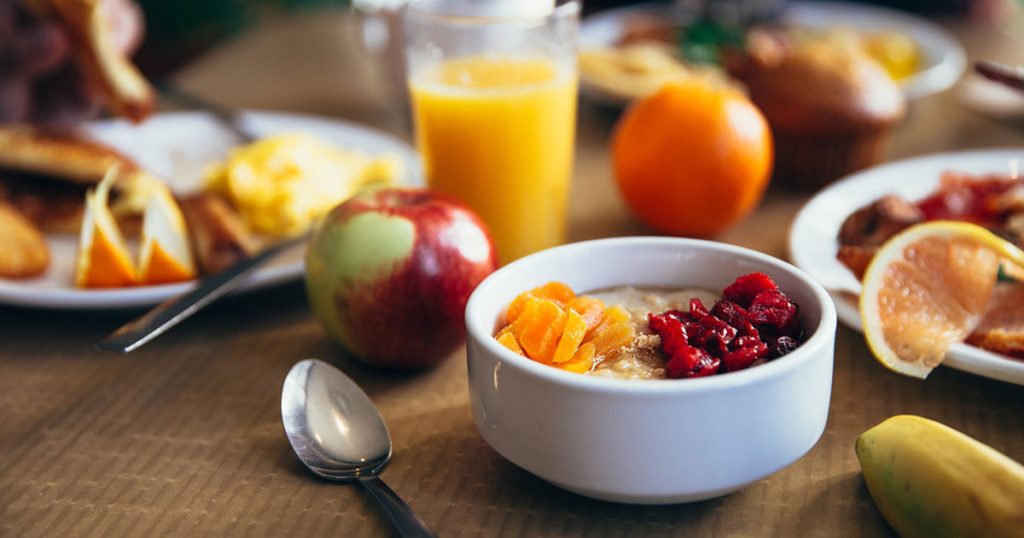Nutrition in Mental Health.
Everyone’s heard the expression “you are what you eat” right? So how much evidence is there around diet and mental health? Let’s look at a recent review of diet and mental health. The review is very recent, conducted in 2022 by Grajek et al. The review of studies, found that there is indeed a significant correlation between what we eat, and our psychiatric health. When we consider the correlation, it’s fair to say that nutrition in mental health doesn’t get the attention it deserves.
The Mediterranean Diet.
As usual, the Mediterranean Diet comes up trumps. The review also revealed symptom relief in people suffering with depression, including less anxiety and a better mood. In fact the Mediterranean Diet is the most well supported diet in the medical literature. Studies show a range of metabolic and neurological benefits associated with this diet. When we look at the research, we really can’t talk about nutrition in mental health without promoting the Mediterranean diet. The review also noted that inflammation, gut microbiome, gut health, and stress play an important if not causal role in anxiety and depression.
The Gut Brain Axis.
Have you ever heard a Naturopath drone on and on about how health begins in the gut? It’s certainly becoming more mainstream now. There is a clear bi-directional relationship with the gut and the brain, it’s called the gut/brain axis. Signals are sent from the gut to the brain, and vice versa via the vagus nerve (part of the nervous system). This is a critically important concept to understand if you are suffering with mental health issues. If you are eating inflammatory foods, the gut will be sending inflammatory signals to the brain making everything worse!
The Microbiome.
When we feel down, it’s natural to look for comfort from food, and this is a typical vortex that people find themselves in. When we eat poorly to soothe ourselves, it only makes everything worse. The balance of bacteria in the gut can dramatically influence our brain health too! Every time we eat, we feed our microbiome, the ecosystem of bacteria residing in our gut. Did you know that there are more bacterial DNA in the human body than there are human DNA? It’s mind boggling to think about! The wonderful thing about understanding the connection between food and mood, is that you have the power to make an impact with your spoon. You don’t have to purchase trolleys full of vitamins either, so it doesn’t need to cost the earth.
Our Relationship with Food.
When you are already in slump, it can be difficult to climb out. Making better food choices and finding the motivation to prepare meals can be a real challenge. Working on the things you can control, like what you choose to eat, really is worth it and the science is there to prove it. Our relationship with food is key to changing our microbiome for the better. Consuming a diverse range of different plant foods and fermented foods will in turn improve the diversity of the gut microbiome. It has to be yummy and it has to smell good! In conclusion, how important is nutrition in mental health? We say it’s paramount. It’s a good place to start while working with your GP, Psychologist and Naturopath, and evidence shows that you can definitely get results with nutrition. Let us support you with making real changes to improve your mental health today.
This is a blog post and not individual health advice.
Important Please Read: If you are in a crisis please phone Life Line on 13 11 14. Information found on this website is not intended to be used as health advice, and is not a substitute for advice from your health practitioner. Always consult with your health practitioner for personal health advice. Moods For Wellness recommends that you seek support from your GP and a Psychologist alongside Naturopathy to integrate your health care for the best outcomes. We don’t recommend to discontinue or change your medication in any way without consulting the prescribing practitioner. Natural medicines may interact with medications and should not be taken unless prescribed by a qualified Naturopath. Find out more about our virtual clinic here. Online bookings are available now.
Reference: Grajek et al, 2022, “Nutrition and mental health: A review of current knowledge about the impact of diet on mental health”, Frontiers in nutrition.

